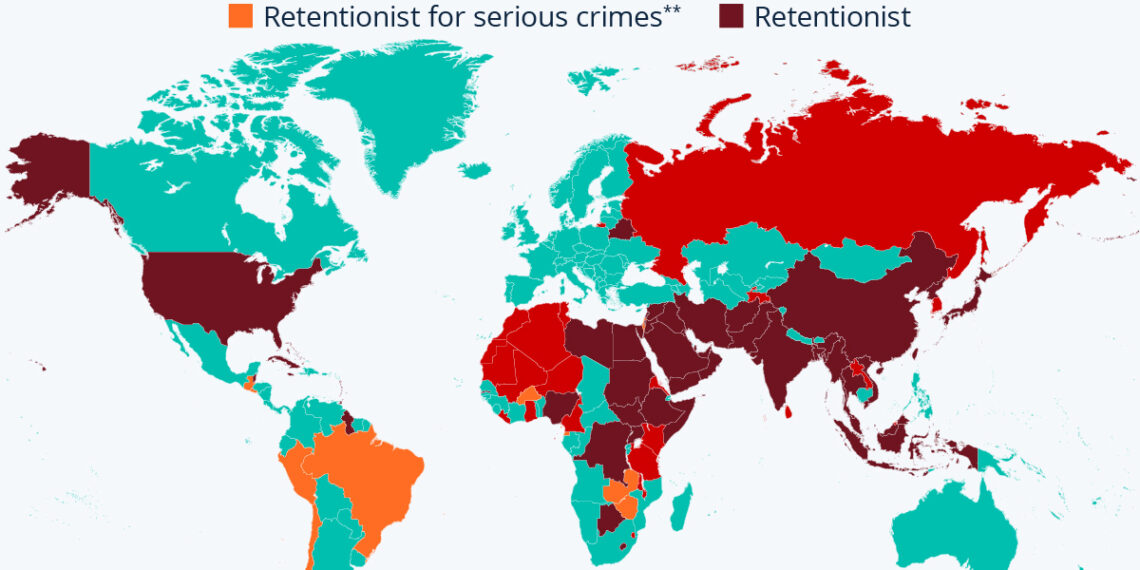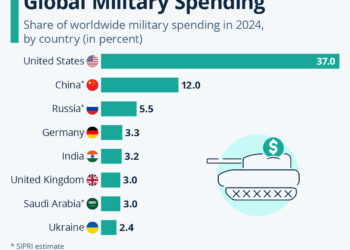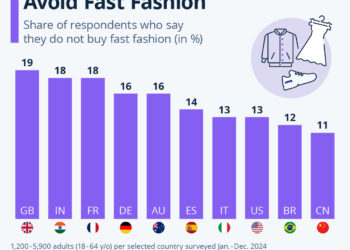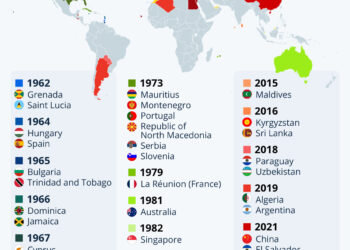Understanding the Global Landscape of the Death Penalty
The death penalty, often a subject of heated ethical and legal debates, remains a prominent facet of criminal justice systems in various countries. The application, perception, and status of this form of punishment can vary widely across the globe. Recent data from Amnesty International sheds light on the current state of capital punishment, revealing crucial insights into where it is practiced and where it has been abolished.
The Persistence of the Death Penalty in Asia
In Asia, the death penalty continues to be a significant part of judicial systems in multiple countries. Nations such as China, India, Thailand, Singapore, and Indonesia uphold capital punishment, reflecting a cultural and legal stance that permits the ultimate punishment for certain crimes. This prevalence is rooted in historical legal traditions and societal values that view the death penalty as a mechanism for deterrence and retribution.
Key Players in Asia
- China: Holding the highest number of executions globally, China’s approach to capital punishment remains opaque due to limited transparency in its judicial processes.
- India: While infrequently used, the death penalty is often reserved for the most heinous crimes, with public debates surrounding its use highlighting concerns of fairness and justice.
- Thailand and Singapore: Both nations have stringent laws concerning drug trafficking and violent crimes, leading to applications of capital punishment.
Trends in Europe and the Americas
In stark contrast to Asia, the death penalty is markedly rare in Europe and the Americas. Most European countries have abolished capital punishment entirely, in line with broader human rights initiatives.
Notable Exceptions
- Belarus: The only country in Europe to still execute, Belarus presents an outlier in a continent largely against the death penalty.
- The United States: Capital punishment remains legal in several states, though its application is becoming less common due to growing public opposition and moral questioning.
The Status of Abolition Worldwide
Recent years have seen significant movements towards the abolition of the death penalty. As of now, 110 countries and territories have completely abolished capital punishment. Notably, nations like the Central African Republic and Papua New Guinea have taken significant steps in this direction.
African Progress
A remarkable trend has emerged in Africa, with countries such as Zambia, Equatorial Guinea, Ghana, and Zimbabwe abolishing the death penalty for all but the most serious crimes in 2023 and 2024. This shift indicates a changing landscape and growing recognition of human rights principles across the continent.
The State of Capital Punishment Today
Despite the advancements towards abolition, 77 nations continue to maintain the death penalty within their legal systems. Among these, 23 countries are labeled as "abolitionists in practice" by Amnesty International, meaning that they have not executed anyone for at least a decade. This status reflects a complex relationship with the death penalty, often influenced by political climates, international pressure, and evolving public sentiments.
Public Perception and Legal Dynamics
Public opinion on the death penalty varies significantly from region to region and is often influenced by factors such as crime rates, historical context, and cultural attitudes towards justice and punishment. In many cases, the legal dynamics surrounding capital punishment are subject to change, heavily reliant on the political landscape and advocacy efforts aimed at promoting human rights reforms.
Advocacy and Activism
Organizations like Amnesty International play a pivotal role in advocating against the death penalty, highlighting cases of wrongful convictions and raising awareness about ethical implications. Their efforts contribute significantly to the global conversation surrounding capital punishment and foster movements aimed at abolition.
Conclusion
The global landscape of the death penalty remains complex, with significant disparities in application and acceptance across different regions. As countries continue to navigate the legal, moral, and social implications of capital punishment, the discourse surrounding human rights and judicial reform is likely to evolve further.






